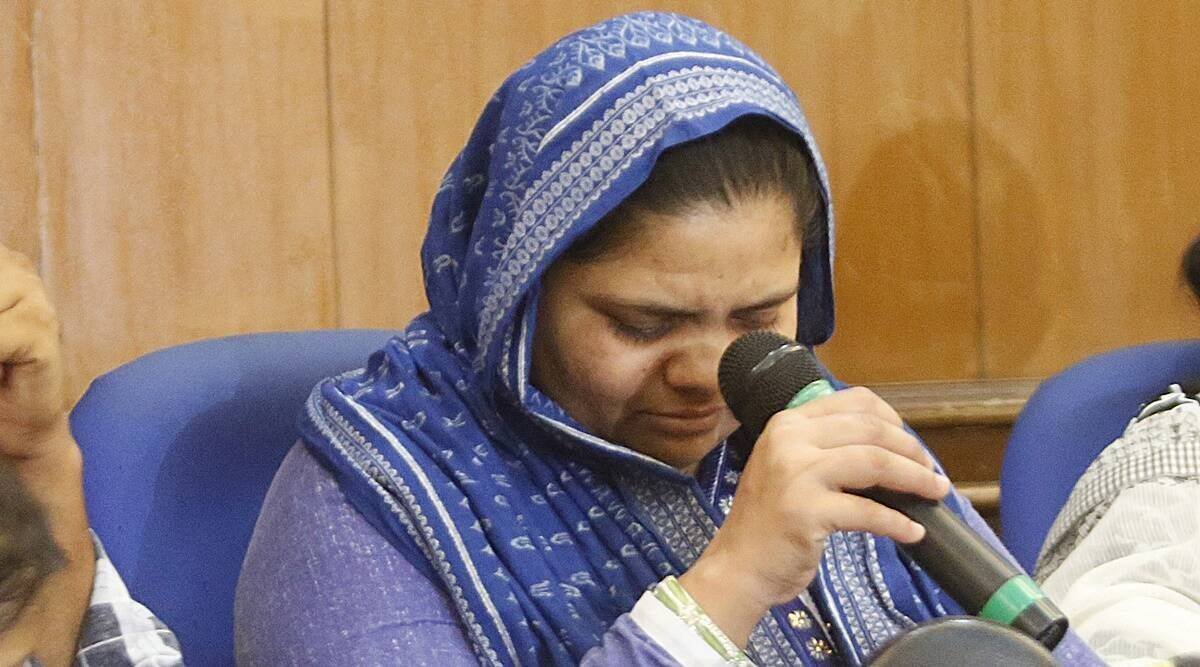The culmination of a three-day hearing on petitions challenging the constitutionality of the Electoral Bond Scheme has left us with a critical juncture in India’s political landscape. The Bench overseeing the case, led by Chief Justice of India DY Chandrachud, alongside Justices Sanjiv Khanna, BR Gavai, JB Pardiwala, and Manoj Mishra, decided not to deliver an instant verdict on November 2. Instead, they reserved their judgment. The proceedings have shed light on the convoluted nature of political funding in India, emphasizing the need for a more transparent and equitable system. Regardless of the eventual judgment, it is clear that there is a long journey ahead to reform the Electoral Bond Scheme, currently implemented by Prime Minister Narendra Modi’s government. This scheme has come under intense scrutiny for favouring the ruling BJP and undermining the opposition, rendering elections less free and fair. The court’s stance has unmistakably revealed the flaws in the Electoral Bond Scheme.
While it does not call for a return to a cash-based system, it does demand a comprehensive overhaul that rectifies the scheme’s glaring deficiencies, particularly in terms of transparency and the potential for corruption. Since its introduction in 2018, the Electoral Bond Scheme has remained a contentious issue. The government’s claims of donor anonymity contradict their promise of transparency and cleanliness in political funding. Citizens are denied the right to know the sources of political funding, while banks and the government retain access to donor records, creating an unfair advantage for the ruling party. The government’s alleged data retention for auditing purposes could potentially be manipulated to secure desired donations.
The scheme faced opposition from several quarters, including Congress leader Jaya Thakur and the Communist Party of India (Marxist). They argue that it violates citizens’ right to information and the principles of free and fair elections. The scheme’s bias towards the ruling party and potential for corporate lobbying and quid pro quo are alarming. The government’s rationale for the Electoral Bond Scheme was to reduce the influence of black money in politics and enhance political parties’ financial resources for effective campaigning. However, the actual impact has been quite the opposite. The lack of transparency leaves citizens uninformed about political party funding sources, opening the door to corruption. Furthermore, the scheme can facilitate the channelling of illegal funds into political parties, especially those in power, creating opportunities for unethical exchange between corporations and political parties in return for government contracts. Electoral bonds hinder accountability and transparency, fostering corruption and nepotism.
The hearing revealed that political parties could receive donations from shell companies and even unprofitable entities, undermining the scheme’s intended purpose. Eminent lawyers like Prashant Bhushan and Kapil Sibal argued that the scheme not only infringes on citizens’ rights but also promotes corruption and is inherently undemocratic. In the past six years, the Electoral Bond Scheme has generated donations totalling Rs 9,188 crore. The ruling BJP received 57 percent (Rs 5,272 crore) of this sum, while the Congress received a mere Rs 952 crore. The combined funds received by seven national parties, including the Congress, and 24 state parties only amounted to Rs 16,437 crore. Clearly, the BJP is the chief beneficiary of the scheme. In light of these developments, it is evident that the complexities and concerns surrounding political funding in India will persist, regardless of the Supreme Court’s final verdict on the Electoral Bonds Scheme.





